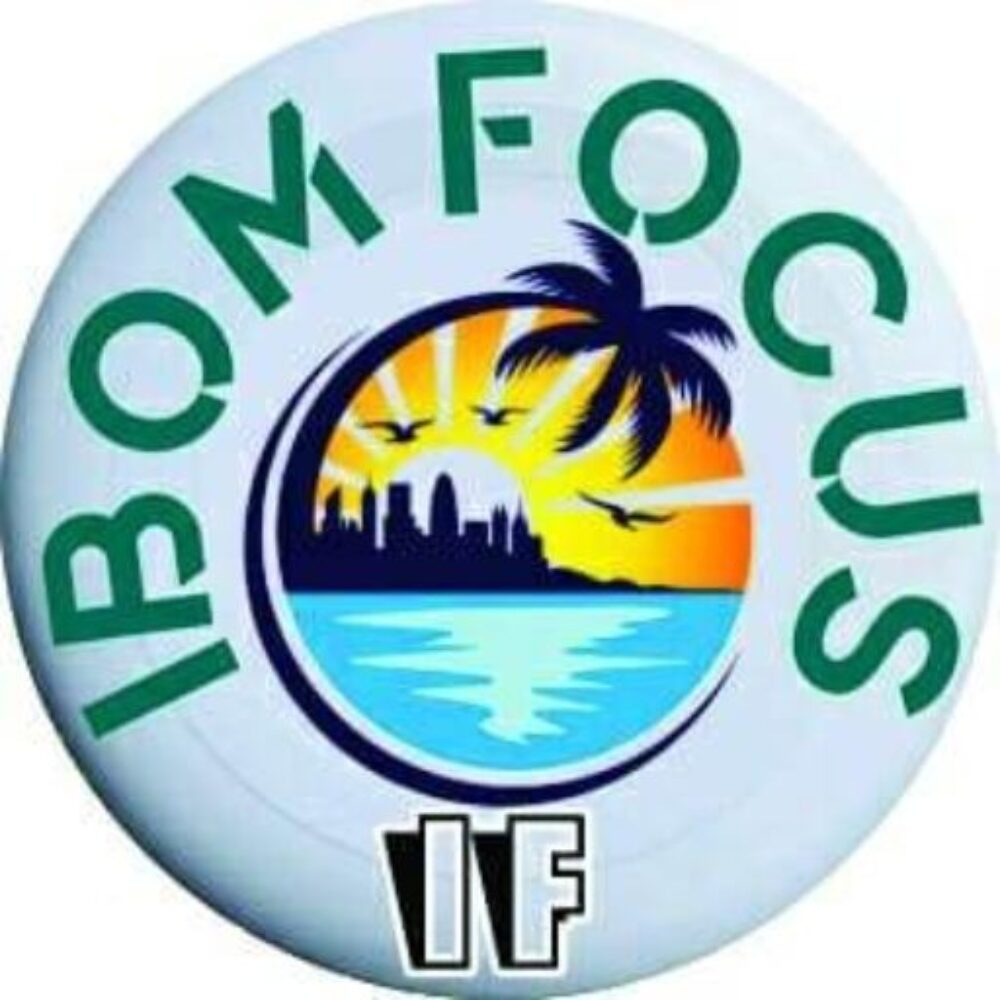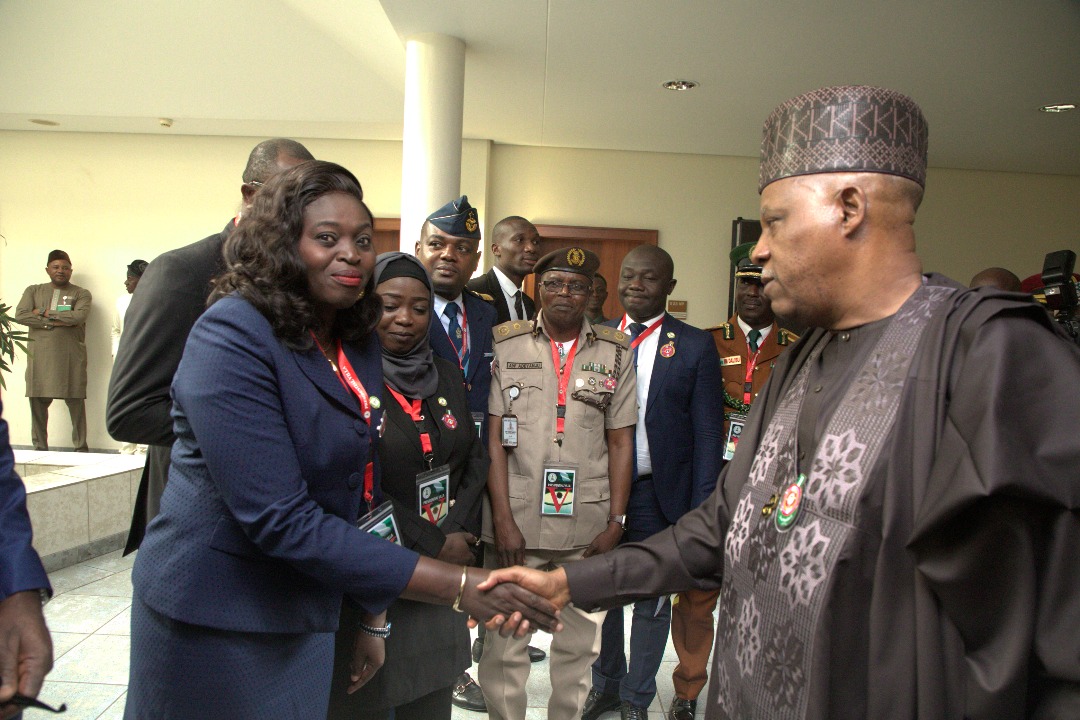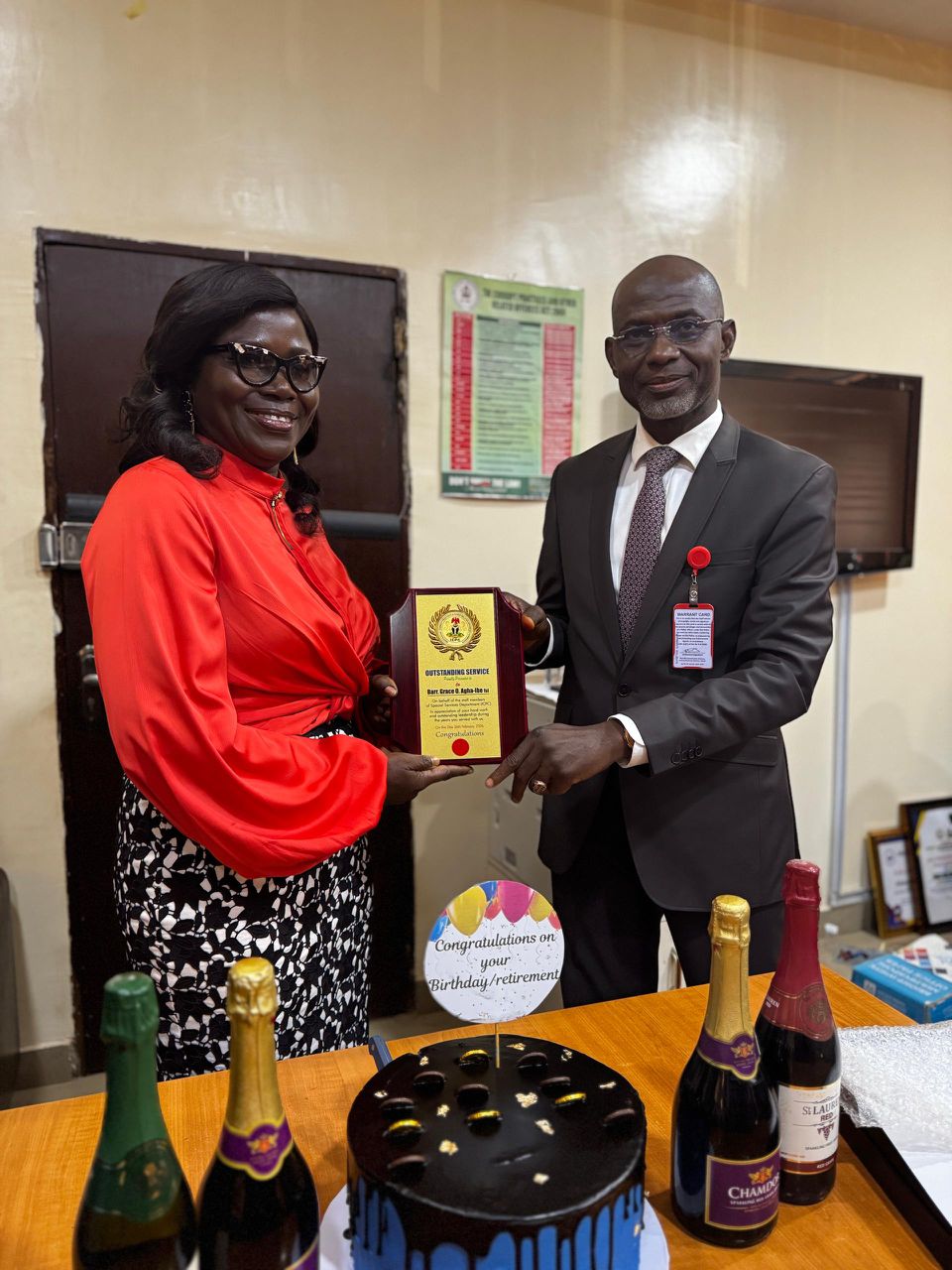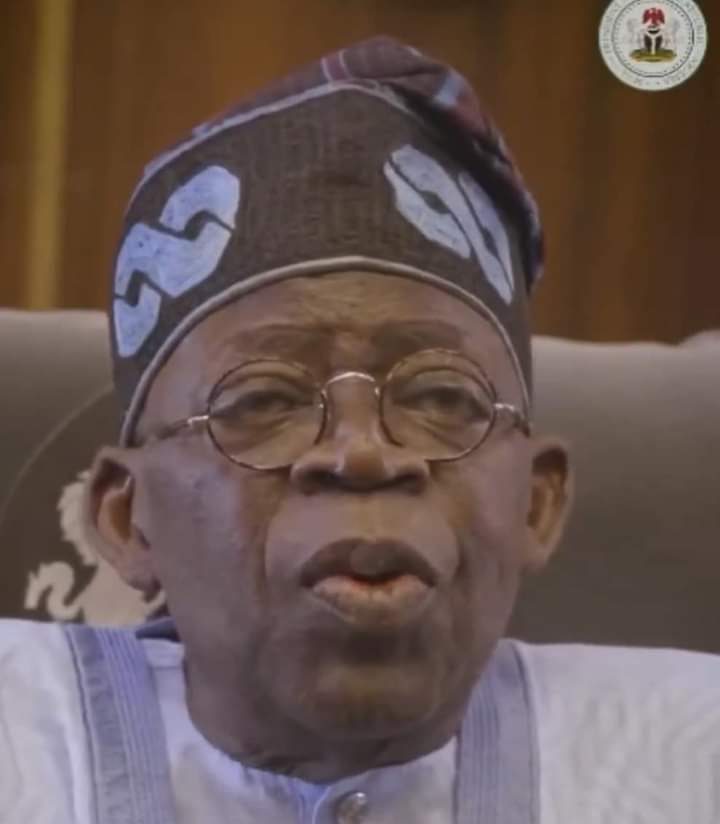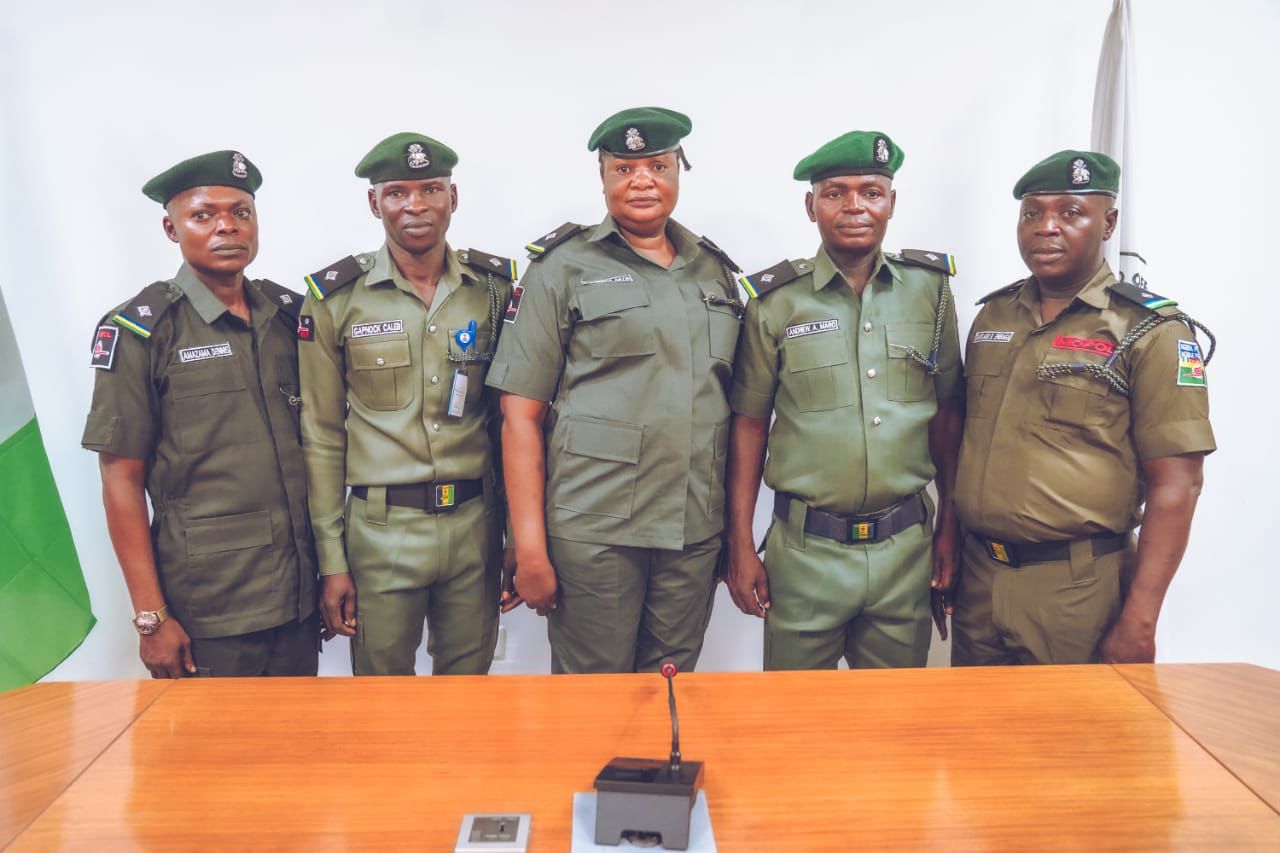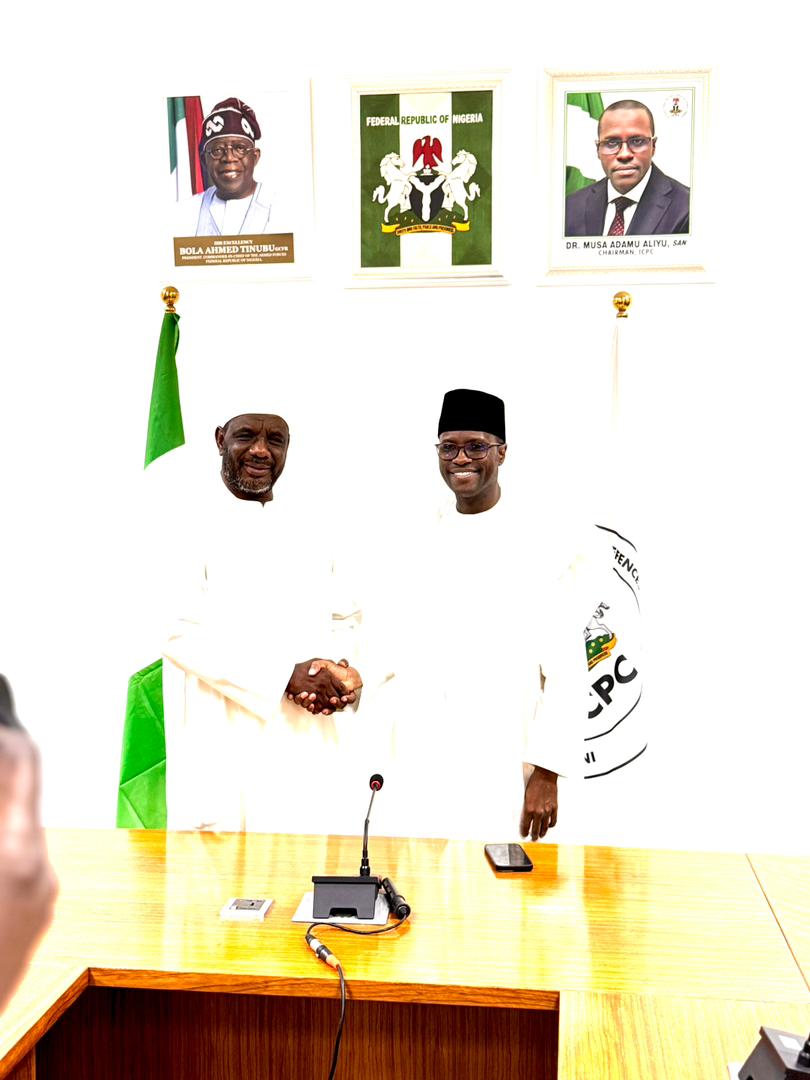Finally, FG Set To Scrap, Merge The Following Agencies
Information reaching Ibom Focus says that FG Set To Scrap, Merge The Following Agencies
The Federal Government appears set for full implementation of Stephen Oronsaye report on scrapping of some government agencies and merger of some others to reduce the cost of governance in the country.
Secretary to the Government of the Federation, Mr Boss Mustapha, has accordingly inaugurated two sub-committees to review the Main Report and White paper on restructuring and rationalization of Federal Government Parastatals, Agencies and Commissions and review New Agencies created after the submission of the Oronsaye report from 2014 to date.
The two committees were given six weeks within which to conclude their work and submit reports to the Federal Government.
He noted that the inability to implement the report of the Committee on Restructuring and Rationalization of Federal Government Parastatals, Agencies and Commissions is costing government highly.
SGF who was represented by the Head of Civil Service of the Federation, Dr Folasade Yemi-Esan, lamented that this cost grows higher for every delay that the implementation suffers.
He noted that this was further worsened by the fact that immediately after the report was released, parastatals and agencies billed for mergers or scrapping began developing means of further entrenching themselves as a major expenditure source to the government.
“Furthermore, new agencies were also created to compound the situation,” he said.
He specifically noted the inauguration of the sub-committees was designed to finalise what most Nigerians might have considered a seemingly intractable challenge in Nigeria’s drive to evolve a sustainable governance
architecture for effective service delivery by the Public Service.
Recall that the Committee on the Restructuring and Rationalization of Federal Government Parastatals, Commissions and Agencies was constituted August 18, 2011, and submitted its report on April 16, 2012.
FG Set To Scrap

The report recommended that of the 541 Statutory and Non-Statutory Federal Government Parastatals, Agencies and Commissions, 263 statutory agencies should be reduced to 161, 38 agencies should be abolished, 52 agencies should be merged, and 14 should revert back to Departments in Ministries.
Subsequently, the White Paper on the Report was issued and published in March 2014 and was followed by the White Paper implementation Committee inaugurated in May 2014.
SGF, however, said for a number of reasons, most of which were anchored on political expediency, the White paper not only rejected a large number of the recommendations but also merely noted an equally greater number of others and that even those accepted were not implemented.
He said: “Thus, Nigeria has continued to suffer under a daily increasing weight of a high cost of governance underpinned by high personnel and overhead costs to the detriment of having adequate resources for development projects.
“For a long time now, the country has been struggling to make sure that at least 30% of its annual budget goes into capital projects.
“As you are aware, various administrations have been concerned with different aspects of the governance of the Public Service of Nigeria and one of these areas have always been the increasing cost of governance without seeming concurrent productivity in the quality of service delivery.
“This had led to a number of reforms, some of which achieved their objectives, others did not while some were either truncated or not implemented at all.
“However, it is heart-warming that some of the recent reforms and strategies being put in place are beginning to show the potential of yielding desired results. Worthy of immediate mention is the Federal Civil Service Strategy and Implementation Plan (FCSSIP) 2021 – 2025 and its associated Revised Public Service Rules (PSR) as well as the introduction of Performance Management System (PMS).
“Besides the impropriety of Government funding professional associations, the underlying principles for restructuring and rationalizing these government agencies remain more urgent now than when the initial committee was constituted in 2011 and they include:
“The economic challenges and the need for Government to make more efficient use of its increasingly scarce resources; Nigeria has undertaken reforms in the past and lessons have been learnt.
“The imperative to reform to meet the challenges of a better socio-political and economic society.
“Futility of creating another body to perform the functions of an already existing statutory entity as the inefficiency and ineffectiveness of an existing institution does not justify the creation of a new one; and
“The need for efficient and effective management of government structures and functionaries to guarantee better service delivery and good governance.
“In this light, the need for cutting down the cost of governance cannot be more compelling than now especially in the face of our declining revenue and the need to make the Federal Government less of a cost centre and more of a revenue generator on one hand and on the other hand less an employer of labour but more as the creator of enabling environment for the private sector to galvanise the needed income streams and job opportunities for national development,” Mustapha said.
The membership of the Sub-Committee (A) main Report and the White Paper arising therefrom has Mr Goni Bukar Aji, a retired Head of Civil Service of the Federation, as chairman.
Other members of the committee include Permanent Secretaries of Ministries of Labour and Employment, Finance, Communication Tech & Digital Economy, Power, Permanent Secretary, Common Services Office (CMO), OHCSF, Permanent Secretary, General Services Office (GSO,) OSGF and Solicitor General/Permanent Secretary Ministry of Justice.
Others are Permanent Secretary, Federal Civil Service Commission, and Bureau of Public Service Reforms as a member and Secretary of the sub-committee.
The Terms of Reference read to the Committee by SGF include, “to study and analyze the findings and recommendations contained in the reform of the Presidential Committee on the Restructuring and Rationalization of Government Parastatals, Agencies and Commissions as well as its ensuing White Paper.
“Advise Government on recommendations to be implemented, with suggestions on a not more than one-year time frame, taking cognizance of exit strategy(ies) for man and materials;
“Develop Key Performance Indicators to guide assessment of the implementation process; and to produce and submit a draft white paper on the report, taking cognizance of the prevailing fiscal and monetary measures, for the consideration of government within six (6) Weeks”.
The second Sub-Committee (B) to Review the new Agencies/Parastatals that were created after the Oronsaye report was headed by Ms Amal Pepple, a former Head of Service of the Federation and eight other members.
The committee is to determine the need for the existence or otherwise of the new Agencies/Commissions/Parastatals in the light of the exigencies of increasing cost of governance, eliminating, duplicating/overlap of functions of Agencies and proffer time-based recommendations, not exceeding one year, on restructuring and rationalisation, if deemed appropriate of these new agencies among others.
Pepple, who responded on behalf of both committees noted that even though the timeline for submission of the reports was very stringent, saying however that members of the committees had served the nation or are still serving and would do their best to keep to the six weeks timeline.
She said the work of the committees was important in view of the fact that the implementation of the Oronsaye report had lingered for almost 10 years when government continue to struggle with the allocation of 30 per cent capital projects and 70 per cent for recurrent.
She added that the committees would work assiduously to advise the government on the best decision on the recommendations of Oronsaye report.
FG Set To Scrap
